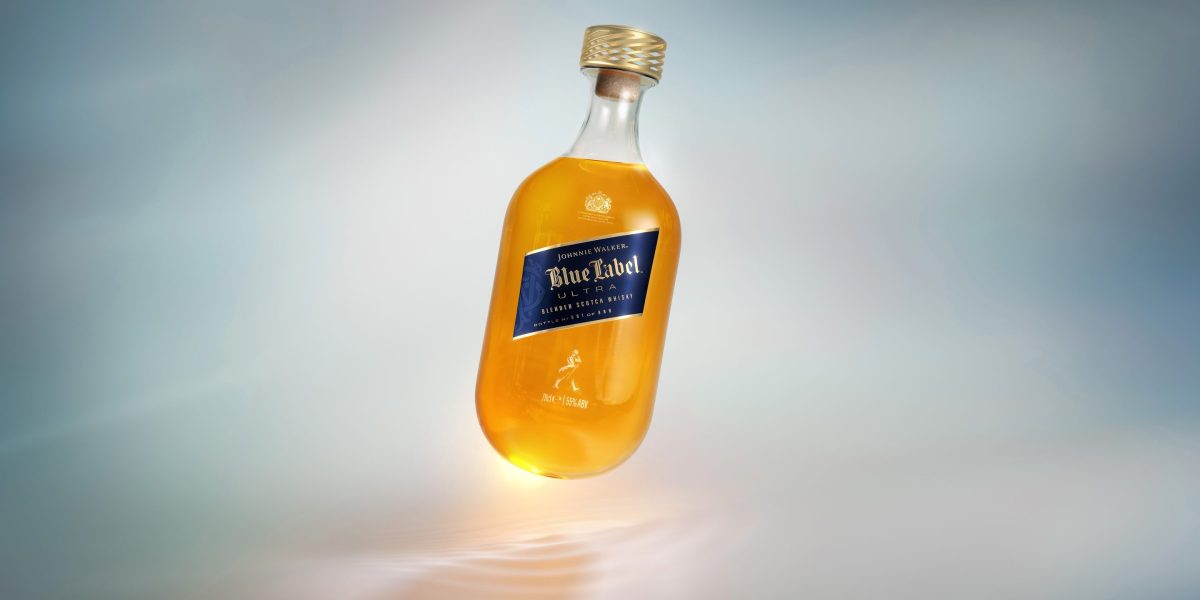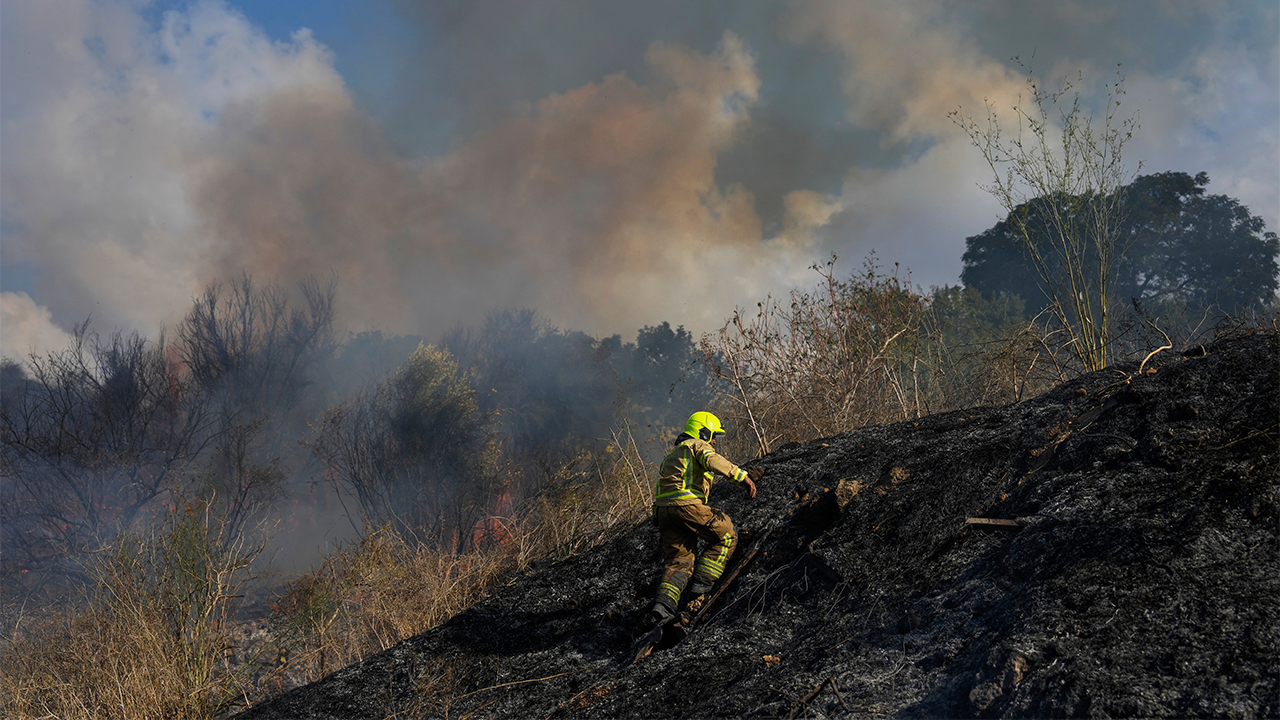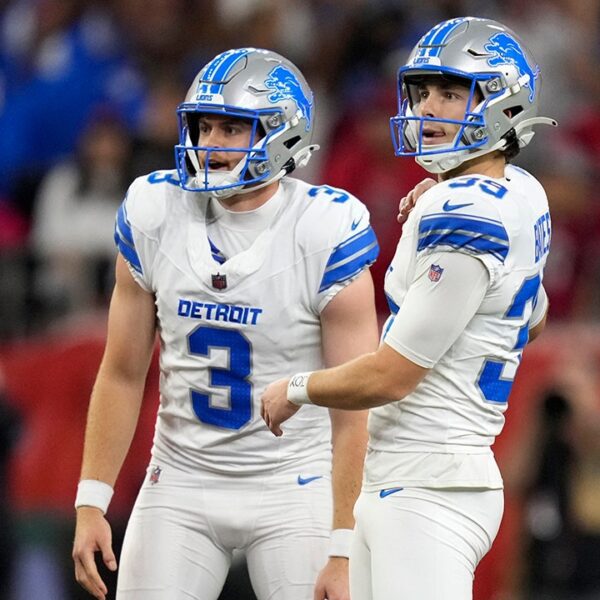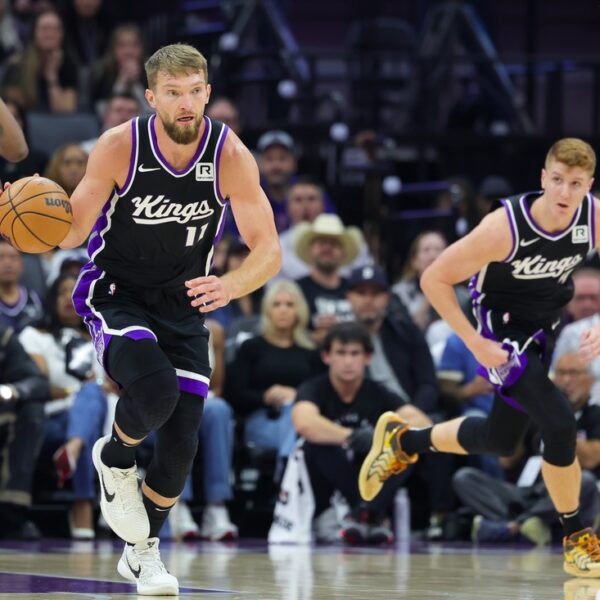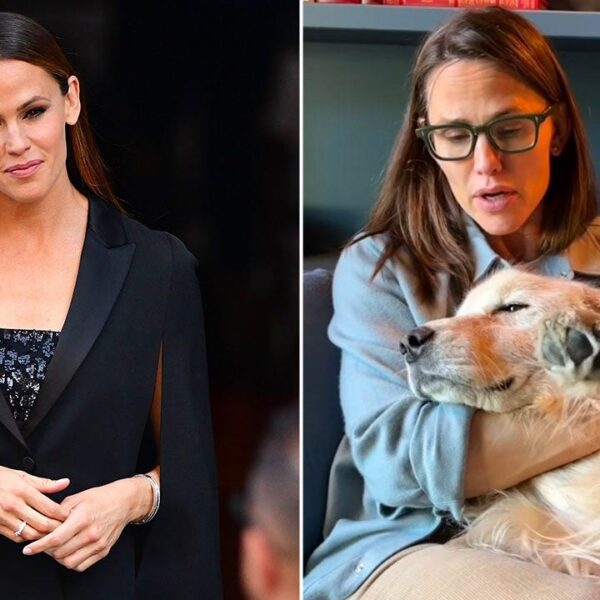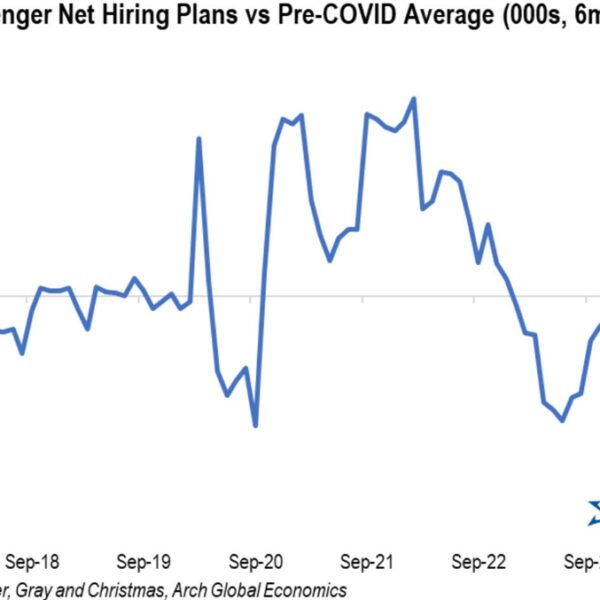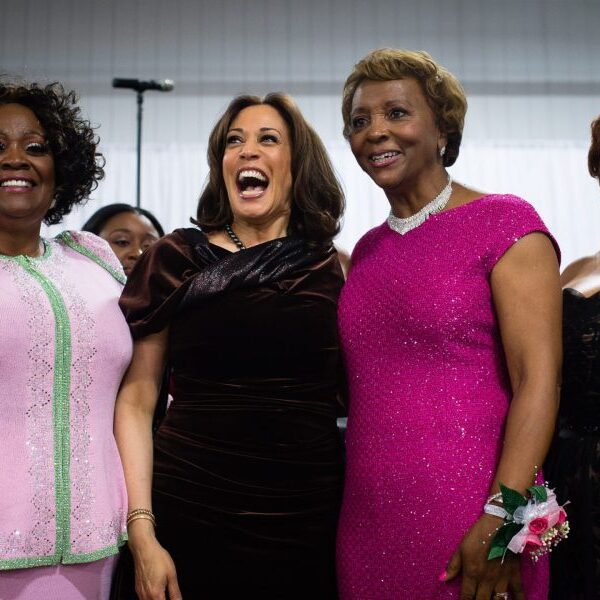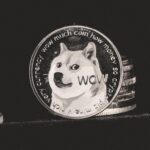Imagine your favorite high-end whisky, or any luxury liquor, for that matter. Its bottle is intricate, and shiny, but clunky. Heavy bottles and glasses have long been a sign of expensive and exclusive liquors, until now.
Diageo, the London-based spirits giant that owns more than 200 brands, on Friday unveiled the “world’s lightest whisky glass bottle,” a 70-centiliter Johnnie Walker Blue Label Ultra. The company’s previous Johnnie Walker Blue Label bottles weigh 850 grams without liquid or the stopper, but this one weighs almost five times less at just 180 grams, Jeremy Lindley, Diageo’s global design director, told Fortune. By comparison, typical whisky bottles weigh between 400 grams and 1,000 grams, he said.
“We didn’t know what we were going to be able to achieve when we set out to push the boundaries of luxury,” Jennifer English, Johnnie Walker’s global brand director, said in a statement. “The result is something that many said would not be possible.”
Part of the company’s mission in producing lighter-weight bottles is reducing its carbon emissions. Lightweighting is project- and product-dependent, but studies have shown that for every gram of glass reduced means more than half a gram less carbon emissions in production, according to a UK glass manufacturing sector decarbonization roadmap to 2050. Plus, cutting carbon emissions can cut costs.


Photo courtesy Diageo
“The transformation required to reduce carbon emissions is a challenge at every level and for all stakeholders, but it also offers new opportunities for cost savings and growth,” according to a 2022 study by Deloitte in Europe.
While it’s not a “new idea” to make more eco-friendly packaging for beverages, more “luxury alcohol brands are just now coming around to it,” Andy Keenan, executive vice president and general manager for brand and retail consultancy Advantage Solutions, told Fortune.
“As consumers have become more eco-conscious, they want to see companies producing less waste. This has quickly become the standard,” Keenan said. “Eventually, all brands will follow suit and move to lighter glass bottles.”
What Diageo’s bottling means for the alcohol industry
Diageo is also planting its flag as a leader in the liquor industry for innovating more efficient packaging starting with Johnnie Walker.
“In the course of its five years of research, Johnnie Walker has been granted a UK patent and to encourage further progress in the industry—and in a first for Diageo—a license to the patent will be offered on a royalty-free basis to anyone in the world who wishes to share in these discoveries,” Lindley said.


Photo courtesy Diageo
Diageo, however, is starting relatively small. Only 888 bottles of this special Johnnie Walker will ever be produced, with a limited number released for sale in 2025 in select markets worldwide, according to a company statement. And these limited-edition bottles come with an eye-popping price tag: more than $1,100. Other Johnnie Walker Blue Label bottles can be found for a fraction of the price, typically around $200 to $300 a pop.
If the new bottle is the “technological breakthrough” like Diageo says it is, then why not mass produce the bottles? The liquor giant would need to “completely redesign glassmaking at scale to handle the delicate nature of the bottle across production, filling and transport,” Lindley said.


Photo courtesy Diageo
And that’s a “cross-industry challenge,” he added. However, we can expect to see Diageo continue to innovate on its bottle-making procedures.
Although Diageo hasn’t confirmed future releases of other lightweight bottles, Lindley said “we’re applying our learnings in lightweighting across a huge range of other Diageo projects.”
Whiskey connoisseur Chris Walster said he’s noticed other whisky distilleries implementing similar practices, including the renowned Bruichladdich Distillery founded in 1881.
“Whisky is often sold based on the history of the brand, but sustainability is actually being seen as a marketing tool for all distilleries,” Walster said, with Johnnie Walker having been around for more than 200 years. “All are looking at reducing their package weight, sustainability of packaging, and their overall environmental footprint. The fact that [Diageo] now [has] the lightest bottle shows what is possible to do and other distilleries will naturally follow, as they are already conscious of their environmental impact.”

